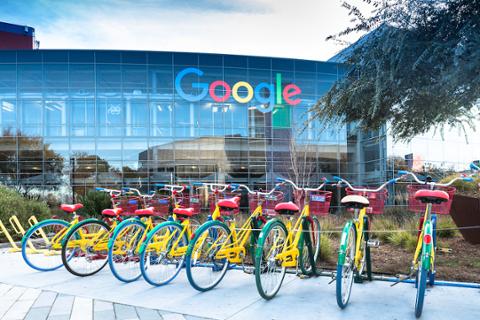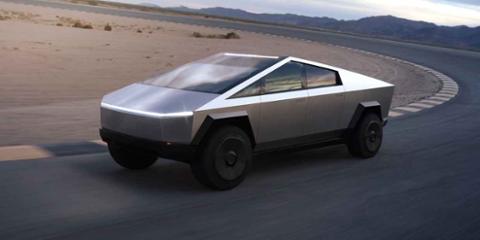Tesla plans on moving its corporate headquarters from California to Texas, in yet another sign that the Lone Star State is becoming a prominent tech hub.
“I’m excited to announce that we’re moving our headquarters to Austin, Texas,” Tesla CEO Elon Musk recently told the audience gathered for the company’s annual meeting. He cited expensive housing in California as one reason for the move, but the number of employees who will populate this headquarters remains publicly unclear.
Tesla will continue to operate its factories in California and Nevada. It’s also constructing a “Gigafactory Texas” vehicle and battery plant in Austin, where it will employ roughly 5,000 workers and produce the upcoming Cybertruck in addition to the Model Y and Model 3.
Texas has done an excellent job of attracting tech companies over the past few years. In late 2020, Oracle announced that it would move its headquarters from Silicon Valley to Austin. Hewlett-Packard, Apple, and dozens of other tech companies large and small have opened new facilities and factories in the state.
In a 2020 study by Blind (which anonymously surveys technologists), some 29 percent of technology professionals said that Texas was “the next Silicon Valley” and that they planned to move, versus the 36 percent who said that “Silicon Valley will always be the tech hub” (and that they’re staying).
That’s not to say that California’s prominence as a tech hub will fade anytime soon. San Francisco and Silicon Valley continue to hire thousands of technologists every month, and tech giants such as Google and Facebook will likely call the state home for many, many years to come. The rise of Texas, however, makes it clear that a state with the right mix of tax breaks, a huge labor pool, and access to talent can also make significant progress in positioning itself as a tech destination. Tesla is increasingly invested in the Lone Star State; which big tech company will follow its example next?



